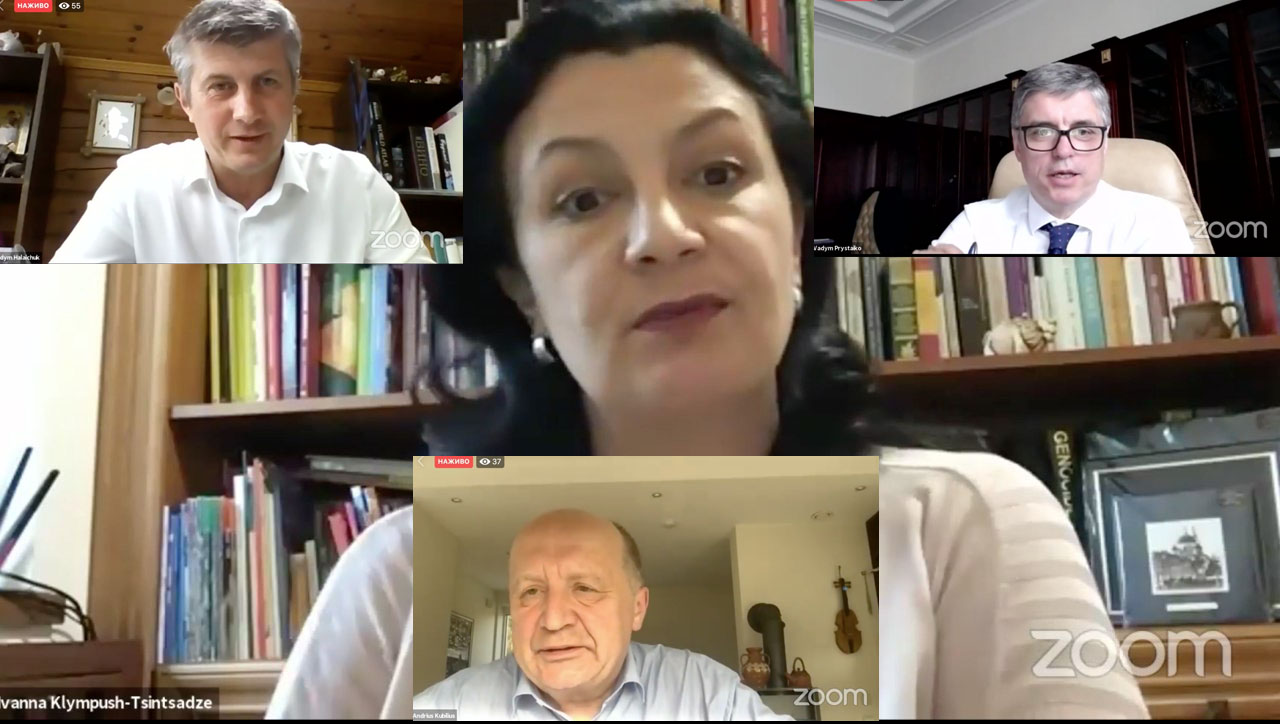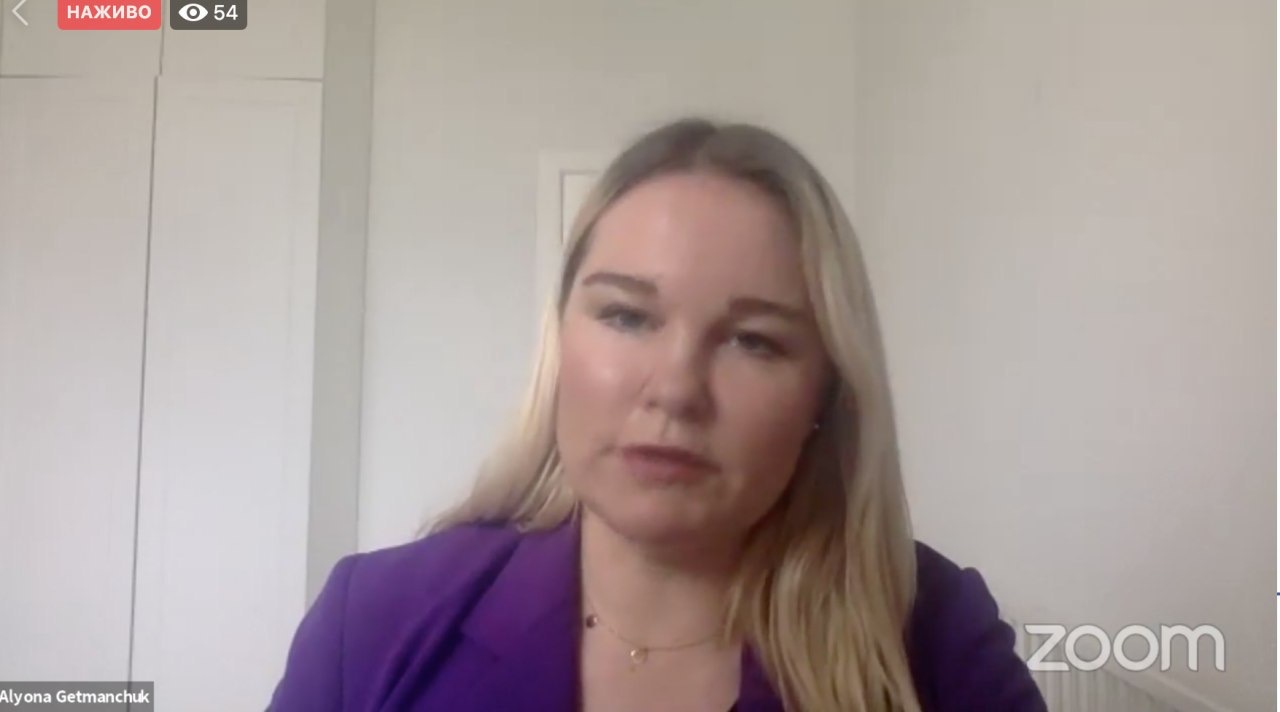
«Since the signing of the Association Agreement, the Eastern Partnership has become secondary tool in Ukraine’s relations with the European Union. We support updating this format with a strategic vision of its purpose. We need to give an honest answer — what do we expect from the Eastern Partnership. Will it be a platform for dialogue, or a tool for deterring Russian influence, or a tool for achieving the EU membership for willing and able states. Depending on the common goal, the future of the Eastern Partnership will be clear», Ivanna Klympush-Tsintsadze stated.
MEP Andrius Kubilius, who raised the question in the European Parliament about the Strategy of Three, aimed at European integration of Ukraine, Georgia and Moldova, — believes that Ukraine can be an example for its partners in the Eastern Partnership, as it has already implemented many important reforms. «We welcome the adoption of the «anti-Kolomoiskyy law». Much remains to be done to establish the rule of law and democracy, but Ukraine is making good progress and can be a good example for other partners, "said Andrews Kubilius.
Another MEP, German MP Viola von Cramon-Taubadel, said the EU expected much deeper reforms from Ukraine: «If we are talking about membership preferences for the three countries of the Eastern Partnership — Ukraine, Georgia, Moldova — I would be very careful with hereby. Russia can use it immediately».
Andrius Kubilius responded to Viola von Cramon-Taubadel’s warning that Ukraine must move on its path to the EU membership, as it cannot wait until Belarus, for example, decides whether it wants to integrate into the European Union.

German MEP Mikael Haller believes that the EU is giving Ukraine very clear signals about its future in this organization, as it invests in Ukraine more than in any other country in the region. But at the same time, Mr Haller fears the collapse of all necessary reforms in Ukraine. «Ukraine must do its work step by step in order to move towards the EU membership — to carry out reforms and go step by step. But I have concerns about Ukraine’s course to carry out the necessary reforms. For example, regarding the curtailment of medical reform», — Mikael Haller said.
Vadym Halaichuk, Deputy Chairman of the Verkhovna Rada Committee on integration of Ukraine into the EU, stated that Ukraine’s course for the EU and NATO membership, which is enshrined in the Constitution of Ukraine, remains unchanged. «We see how much Ukraine can do for the economy and security of European countries. But when we talk about plans for the future, we want to hear more specifics about how the Eastern Partnership format will continue to work. The countries have already signed Association Agreements with the EU and each country at its own stage of relations with the European Union. This must be taken into account», — Vadym Halaichuk said.
Ivanna Klympush-Tsintsadze also said that Ukraine seeks to see clear tools with which it can achieve the EU membership. «So far, de facto, we do not see such instruments within the framework of the Eastern Partnership», — said the chairman of the Committee. «The COVID-19 pandemic has shown the importance of cooperation between all European partners — and not just the EU members. The European Union needs greater cooperation with its neighbors. Our countries (Eastern Partnership countries) can give a lot to the EU, not just expect something from it. This is a two-way process. And this is a process that requires commitment on both sides and does not recognize double standards», — Ivanna Klympush-Tsintsadze added.
More posts by topic
“News”
29 January 2026 15:00
22 January 2026 14:30
20 January 2026 13:00
18 December 2025 10:11
15 December 2025 10:07
12 December 2025 10:04
10 December 2025 10:01
04 December 2025 10:09
02 December 2025 09:58
24 November 2025 13:08